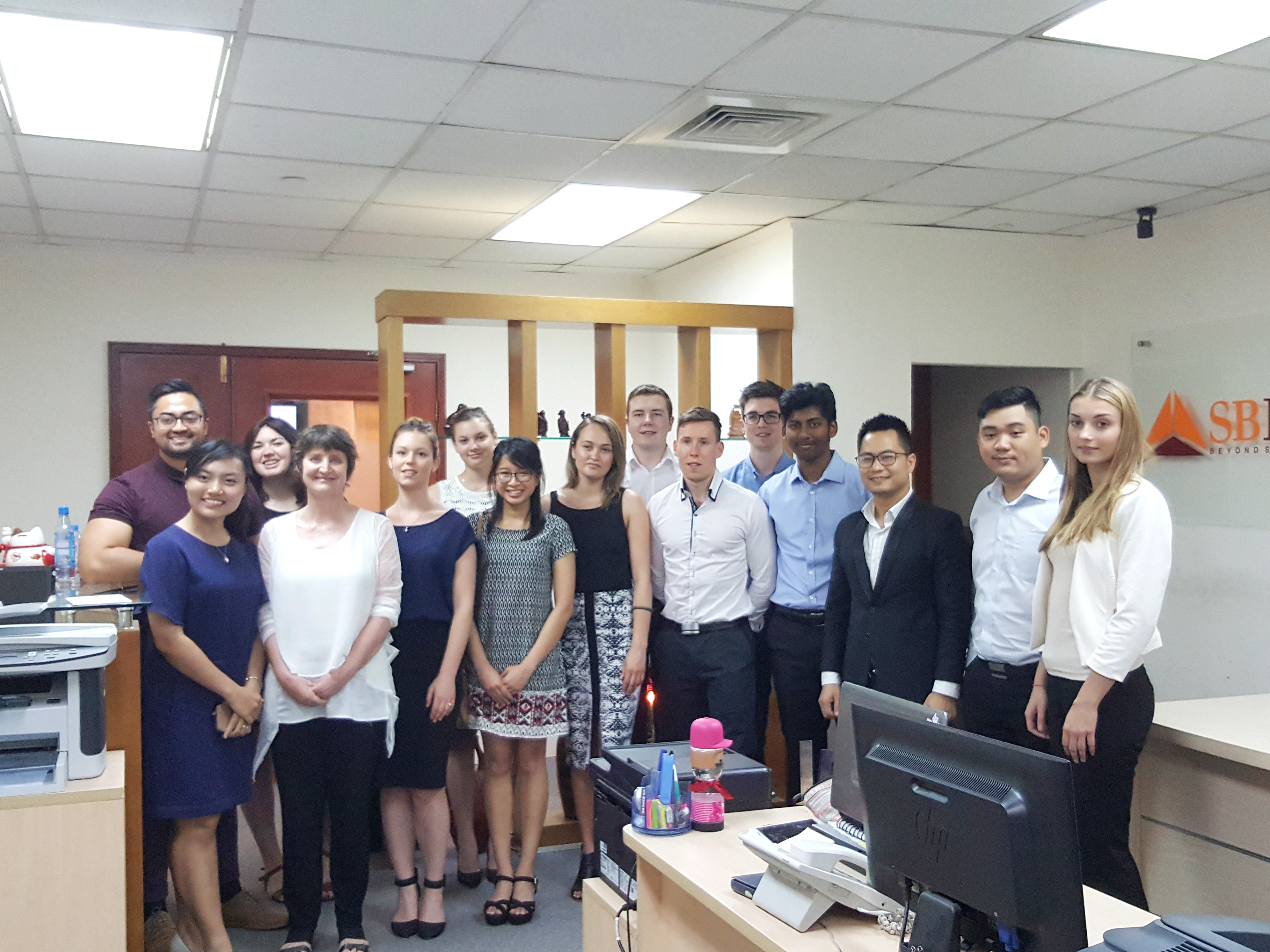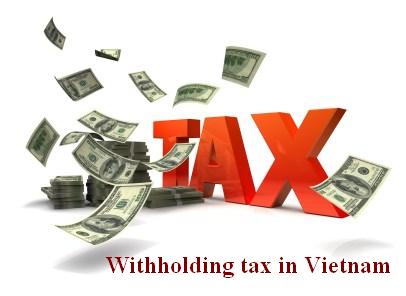We would like to provide you with infomation about the Cooperate Income Tax (CIT) in Vietnam as follows:
Scope of CIT
An enterprise established under the law of Vietnam must pay tax on its worldwide income.
A foreign enterprise with a permanent establishment in Vietnam must pay tax on all income arising in Vietnam and on foreign income that relates to the permanent establishment.
A foreign enterprise without a permanent establishment in Vietnam must pay tax only on income arising in Vietnam.
A permanent establishment in Vietnam is a place for production and/or the entity’s business activities, which can be in the form of:
• Branches, plants and a location in Vietnam where natural resources are mined;
• Construction sites;
• Establishments providing services;
• Agents; and
• Representatives.
Tax rate
Taxpayers are subject to the tax rates imposed under the Corporate Income Tax (’CIT’) Law. The standard CIT rate is currently 25%.
Enterprises operating in the oil and gas industry are subject to CIT rates ranging from 32% to 50%, depending on the location.
Administration
Provisional quarterly CIT returns must be filed and taxes paid by the 30th day of the first month of the subsequent quarter.
Final CIT returns are filed annually. The annual CIT return must be filed and submitted within 90 days following the fiscal year end. Any outstanding tax payable must be paid at the same time when the annual CIT return is submitted.
The default CIT tax year is the calendar year. However, different tax and accounting year ends can be used if approval is obtained from the Ministry of Finance.
Taxable Profit
Taxable profit is the difference between total revenue, whether domestic or foreign sourced, and deductible expenses, plus other assessable income.
Taxpayers are required to prepare an annual CIT return which includes a section for making adjustments between accounting profits and taxable profits.
Deductible expenses
Expenses which relate to the generation of revenue and which are properly supported by suitable documentation are tax deductible, unless specifically disallowed by the legislation.
Non-deductible expenses
Certain expenses are classified as non-deductible. including:.
• Employee remuneration expenses which are not actually paid or are not stated in a labour contract or collective labour agreement;
• Any portion of costs of raw materials, materials, fuel or goods which are used in excess of the reasonable consumption levels;
• Interest on loans corresponding to the portion of charter capital not yet contributed;
• Interest on loans from non-economic and non-credit organisations exceeding 1.5 times the interest rate set by the State Bank of Vietnam;
• Provisions for stock devaluation, bad debts, financial investment losses, product warranties, or construction work which are not in accordance with the prevailing regulations;
• Advertising, promotion (except certain items), fees to attend conferences or parties, commissions (except for insurance, agents selling goods at pre-determined price and multi-level marketing) prompt payment discounts exceeding 10% of total other deductible expenses (this cap is increased to 15% for newly-established enterprises for the first 3 operating years);
• Unrealised foreign exchange losses due to the revaluation of foreign currency items other than accounts payable at the end of a financial year; and
• Administrative penalties and fines.
For certain businesses such as insurance companies, securities trading and lotteries, the Ministry of Finance provides specific guidance on deductible expenses for CIT purposes.
Capital Gains – Capital Assignment Profits Tax
Gains on transfers of interests (as opposed to securities) in a foreign-invested or Vietnamese enterprise are subject to capital assignment profits tax (’CAPT’) at 25%.
The taxable gain is determined as the excess of the sale proceeds over the original cost (or the initial value of contributed charter capital for the first transfer) less transfer expenses.
Transfers of securities (bonds, shares of public joint stock companies, etc.) by non-residents are subject to CIT on a deemed basis at 0.1% of the total disposal proceeds.

















